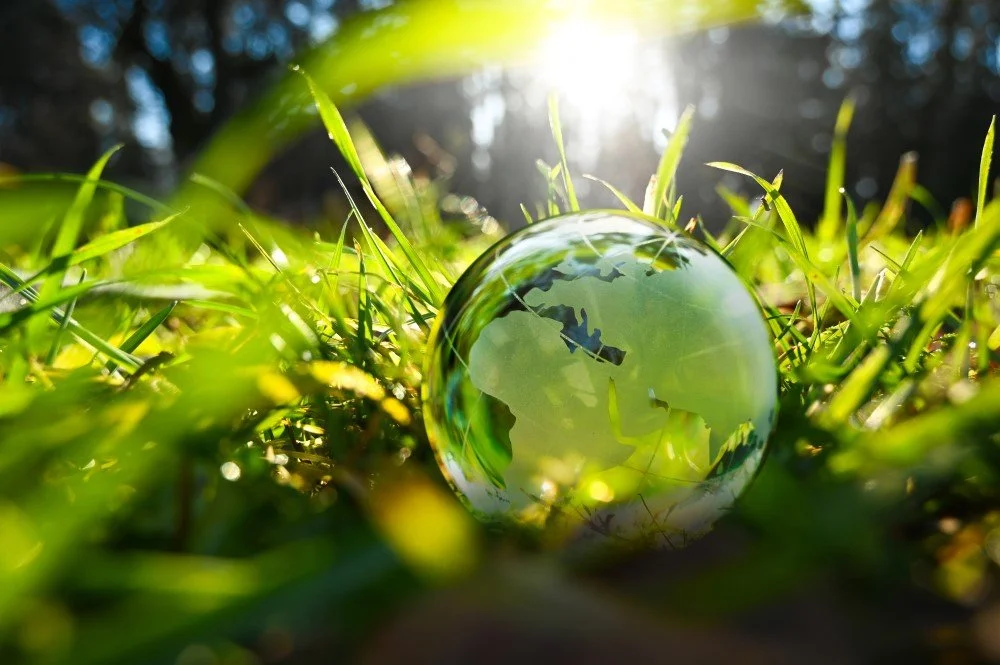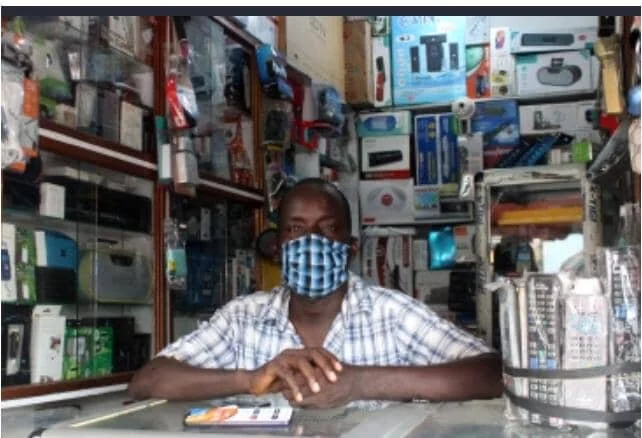The DAC defines official development assistance (ODA) as “government aid that promotes and specifically targets the economic development and welfare of developing countries.” Understanding of this definition has changed over time, recognising, for example, the emergence of “non-DAC providers or philanthropic foundations, the diversification of financial instruments for development, or the increasing overlap of development cooperation policy objectives with those of other sectors such as migration and security.”
PACT FOR THE FUTURE |PART TWO
We commit to achieving a world in which humanity lives in harmony with nature, to conserving and sustainably using our planet’s marine and terrestrial resources, including through sustainable lifestyles, and sustainable consumption and production, to reversing the trends of environmental degradation, to promoting resilience, to reducing disaster risk, and to halting ecosystem degradation and biodiversity loss. We will conserve and sustainably use oceans and seas, freshwater resources, as well as forests, mountains and dry lands and protect biodiversity, ecosystems and wildlife.
AfCFTA: How Intellectual Property Laws Can Help Create Jobs
The Agreement establishing the African Continental Free Trade Area (AfCFTA) is ambitious. Bringing together 55 African Union member states, it will form the world’s largest free trade area by the number of participating countries. The Agreement covers trade in goods and services, investment, intellectual property rights and competition policy. The Phase II negotiations of the agreement hold many opportunities, particularly for Intellectual Property (IP). A strong IP regime across the continent will facilitate the growth of MSMEs and will lead to increased job creation especially for women and the youth.




